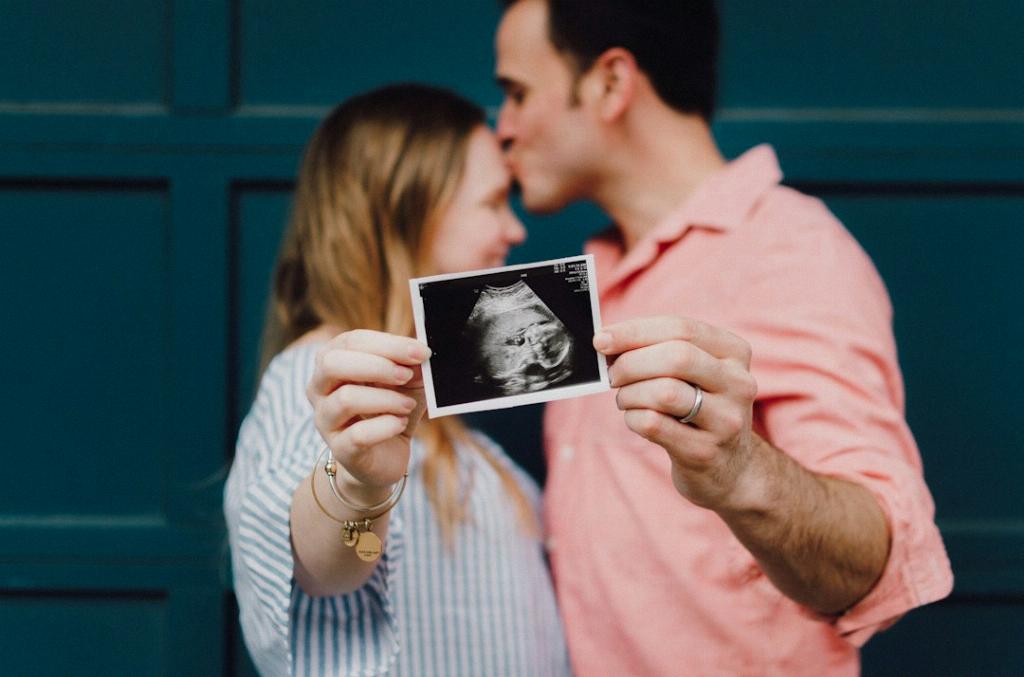When discussing pregnancy and the potential risks associated with it, age is a significant factor to consider. While pregnancy is a natural process, certain age brackets can pose higher risks for both the mother and the baby.
Definition of High-Risk Pregnancy
A high-risk pregnancy is often defined as one that includes potential complications that could affect the health of the mother, the baby, or both. Advanced maternal age is one of the key factors that can categorize a pregnancy as high risk.
Maternal Age Influence on Pregnancy
Age plays a crucial role in pregnancy because a woman’s reproductive system undergoes changes throughout her life. Younger women, particularly those under 18, may not have fully developed physically, leading to potential complications during pregnancy and birth.
Risks for Teenage Pregnancy
Teenage pregnancies are considered high risk due to factors such as inadequate prenatal care, higher rates of preterm birth, and increased risks of medical complications both during pregnancy and delivery.
Advanced Maternal Age
On the other end of the spectrum, pregnancies in women aged 35 and older are also classified as high risk. Advanced maternal age is associated with a higher likelihood of chromosomal abnormalities in the baby, such as Down syndrome, as well as an increased risk of gestational diabetes and hypertension.
Maternal Health Concerns
Older mothers may also be at a higher risk of developing certain health conditions during pregnancy, such as preeclampsia, which can pose serious risks to both the mother and the baby.
Financial and Social Factors
Aside from biological factors, teenage and older pregnancies can also be influenced by financial and social circumstances. Young mothers may face challenges related to education and employment, while older mothers may have existing health conditions that could impact pregnancy.
Counseling and Support
It’s essential for women in both age groups to receive adequate counseling and support throughout their pregnancy journey. Regular prenatal care can help monitor and manage any potential risks that may arise.
Personalized Care Plans
Healthcare providers often tailor their approach to high-risk pregnancies based on the individual needs and circumstances of the mother. This personalized care can help address specific challenges and reduce the likelihood of complications.
Medical Advancements
Advancements in medical technology have improved the outcomes for high-risk pregnancies, offering more options for monitoring and managing potential complications. Regular screenings and tests can help detect issues early on.
Conclusion
In conclusion, age is a significant determinant in classifying a pregnancy as high risk, with both teenage and advanced maternal age pregnancies presenting unique challenges. By understanding these risks and receiving appropriate care, women can navigate their pregnancy journey with greater awareness and support.

